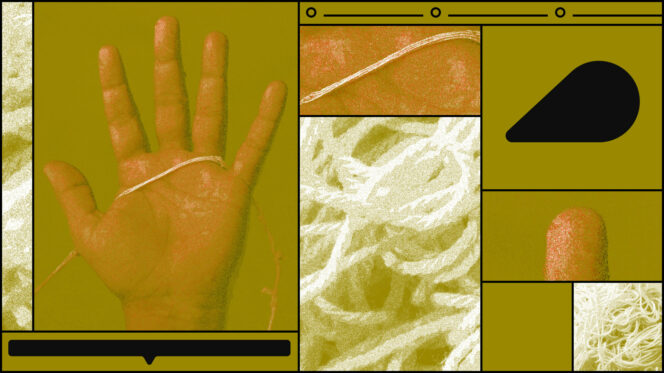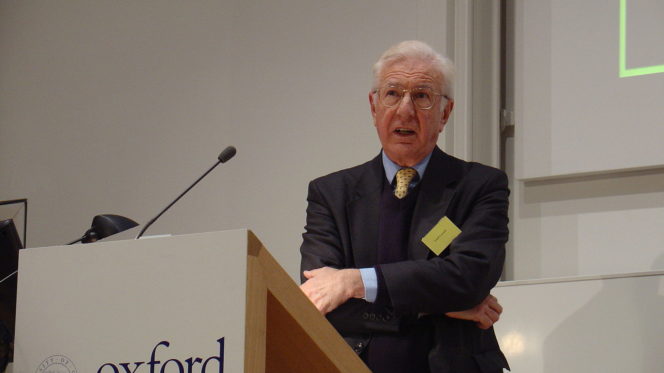The Government’s New Depression Treatments Are a Scam
Low-quality talking therapy won't solve the mental health crisis.
by Paul Atkinson
3 December 2021

Last week, the National Institute for Health and Care Excellence (NICE) announced its new treatment guidelines for depression. From now on, it says, there will be fewer antidepressants, more treatment options and more talking therapy.
While this should, in theory, be the cue for a warm welcome to more talking therapy on the NHS, it won’t work like this in practice for a number of reasons.
We must support a step back from antidepressants.
NICE’s guidelines recommend giving clients a choice of therapies, which include group and individual CBT sessions, behavioural activation, counselling, mindfulness, exercise and meditation before offering antidepressants or other medication.
The guidelines lay out detailed recommendations for managing patients as they come off antidepressants and suggest strategies for preventing relapse after treatment. They are mainly aimed at treatments for less severe depression, but therapy is also given a more equitable place in the treatment of more severe depression. The guidelines will not be mandatory, but they will carry weight for GPs and mental healthcare practitioners.
We must support a step back from antidepressants. Over seven million people a year are currently prescribed antidepressants in England; more than four million of whom are long-term users, and the market for treatments for depression continues to mushroom. According to the ONS, while one in 10 adults were experiencing some form of depression before Covid-19, this figure rose to one in six this summer – with younger adults and women more likely to be affected.
Yet, there has been open debate for years about antidepressants’ efficacy, side effects and the ways they create physical and psychological dependence. Meanwhile, the role of Big Pharma in promoting depression as a diagnostic condition to market psychotropic drugs has been explored by many authors, including David Healy’s seminal 1998 work, The Antidepressant Era.
Most importantly, the mass consumption of prescribed drugs to help people deal with emotional struggles of everyday life has always carried with it a sense that an underlying social malaise is being sedated rather than exposed and explored.
We need structural and local reflection.
We are repeatedly being told by the media and the government that the UK, along with most of the rest of world, is in the middle of a ‘mental health crisis’. But if we take media headlines as a guide, the pandemic of psychological distress began to really take hold soon after the 2008 financial crash and throughout the years of austerity. It is now reaching alarming new levels under Covid-19.
Like the climate crisis, the meaning of our mental health crisis, its symptoms and causes, begs structural as well as local reflection. For decades, the social model of psychological distress (which focuses on socio-economic factors) has been struggling to disrupt the stranglehold of the medical model (which turns mental health into individual malfunction).
Before World War Two, what is now referred to as mental health was called mental hygiene, a branch of public health. The socio-economic conditions of life were the primary concern of early World Health Organisation (WHO) conferences on mental health, alongside the provision of care and treatment for people suffering severe and enduring mental ill-health.
However, since the 1970s, the medicalisation of common experiences of psychological distress – whether through pharmaceutical or psychotherapeutic means – has at best, paid lip service to the social determinants of psychological distress, while successfully colonising the terrain of government policy, the formulation of treatments and the funding of services.
The new plans are a wolf in sheep’s clothing.
In this way, the version of psychological therapies NICE is endorsing is no different from the current provision it mandates under the Improving Access to Psychological Therapies (IAPT) service, which is likely to be the service provider for the new guidelines.
The therapies on offer on IAPT are very short-term, utilitarian, and mechanistically behavioural. A third of people referred to the service never turn up, while another third do not finish a course of treatment.
Although the new NICE guidelines emphasise patient participation in deciding what kind of therapy is suitable, this is largely for show, given that there is, in fact, very little choice. There is no form of longer-term relational therapy available under the service, for example. In truth, there is very little real therapy on offer at all.
As with IAPT, one of the fundamental ironies of NICE organising and evaluating psychological therapy as if it were a scientific, medical procedure is that it redesigns psychological life so that it can mirror the functional biochemical life of the medical body.
Our suffering is subjected to a bewildering taxonomy of disorders: mild or severe depression, chronic or complex or treatment-resistant depression, clinical depression, psychotic depression. ‘Evidence-based’ means random control trials, continuous outcome measurement, cost evaluation and funding by result. Outcomes are measured through tick-box questionnaires, not a person’s quality of life.
IAPT gathers outcome evaluations from clients at every single session. Whistleblowers have exposed how workers are pressured to falsify results. The service’s own statistics openly manipulate its results and you might be forgiven for deducing that its evidence base is about maintaining its funding rather than serving its clients.
And while NICE may be able to mandate an ‘evidence base’ for the clinical and cost-effectiveness of treatments, it has no such powers in relation to funding and the staffing of the services. All mental health services are currently underfunded, understaffed and failing to recruit; a situation that will get worse, not better for the foreseeable future. IAPT therapists are stretched beyond capacity, to the detriment of their own mental health.
Health professionals are concerned that an increased service for people with depression may have little chance of materialising.
It is very unlikely these guidelines will result in any significant improvement in the treatment of depression. Despite the exponential growth of digitalised services, the expansion of psychological therapies requires a significant expansion of the mental health workforce. This is just not going to happen.
The government is avoiding responsibility.
On the face of it, taking antidepressants and seeing a therapist are two quite different paths for someone experiencing depression. But, in the world of NICE and IAPT, that gap is ever narrowing.
Short-term behavioural therapies are packaged for a quick fix to get you back on your bike. But they are barely more interested in the deeper experiences of a person, or in the potential for understanding the meaning in someone’s suffering than an SSRI antidepressant prescription is.
Both methods are used by the government to sidestep responsibility for the social and economic conditions that cause and exacerbate the misery and hopelessness in so many people’s lives.
Paul Atkinson is a counsellor and Jungian psychotherapist with more than 30 years experience. He helps run the Free Psychotherapy Network.


